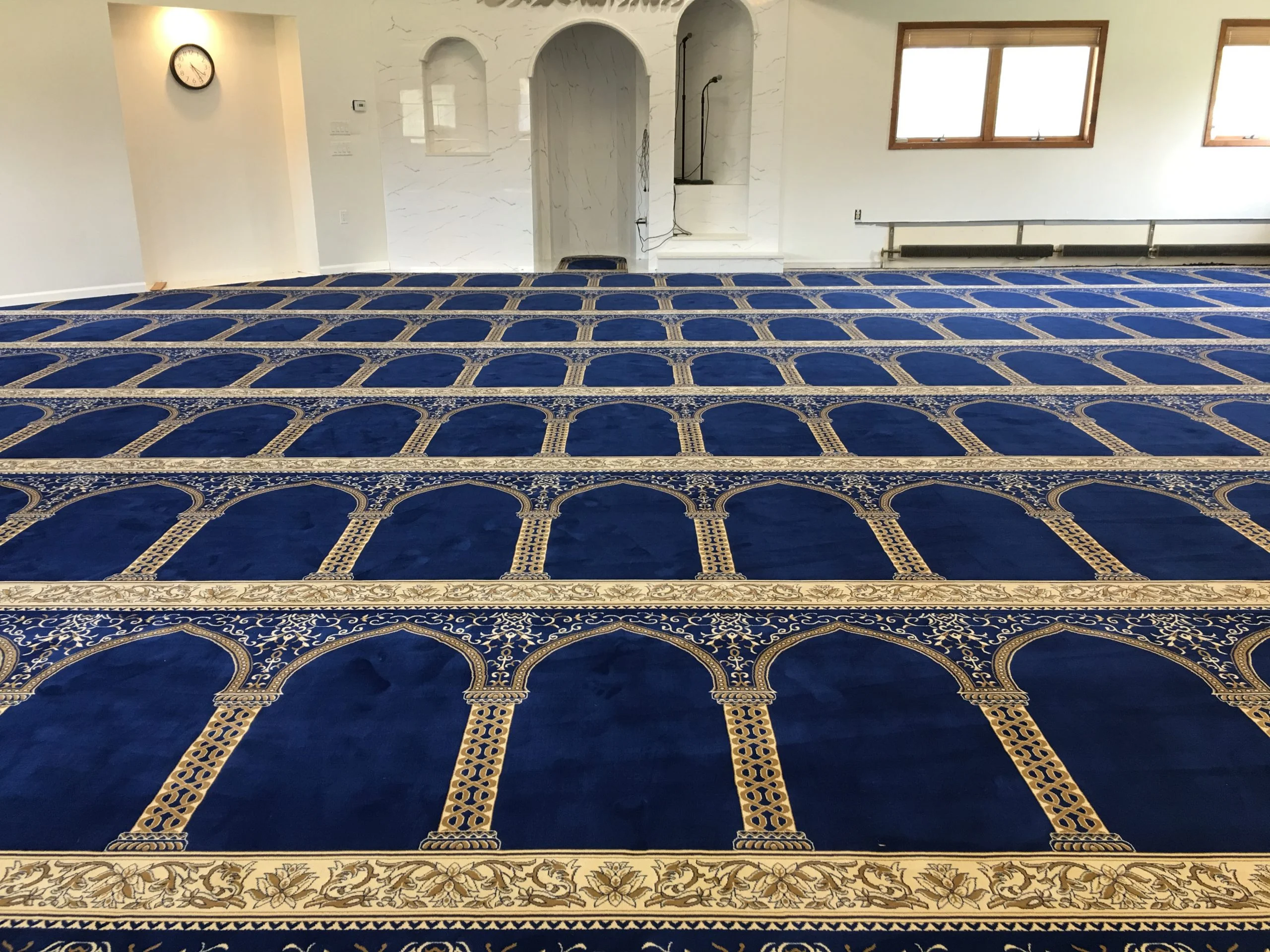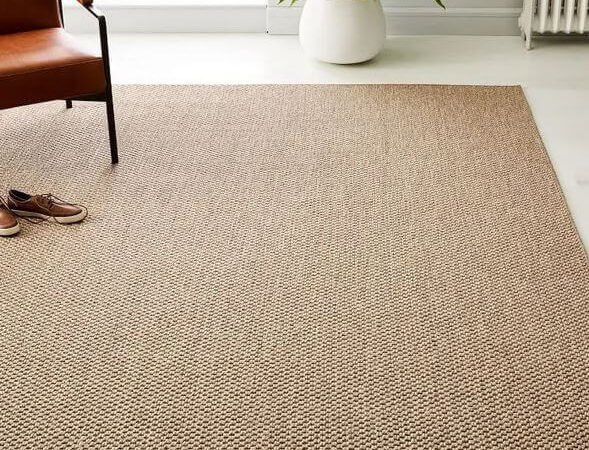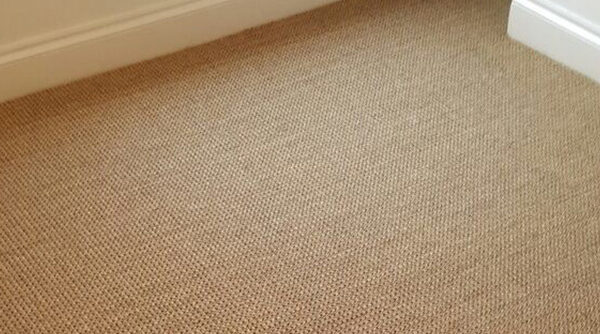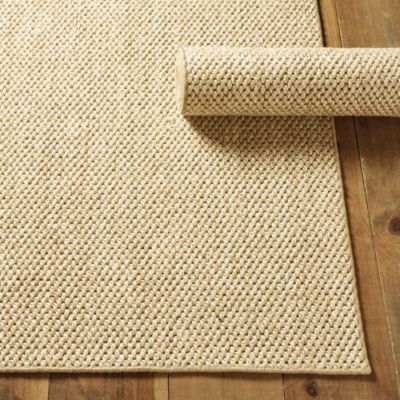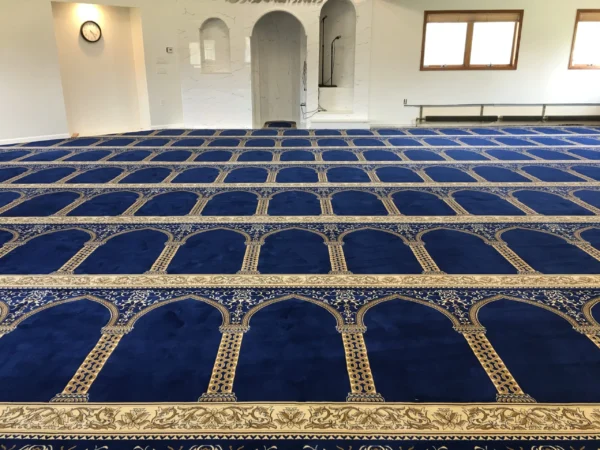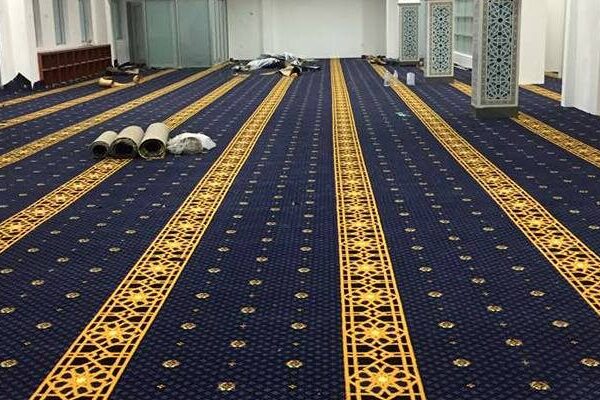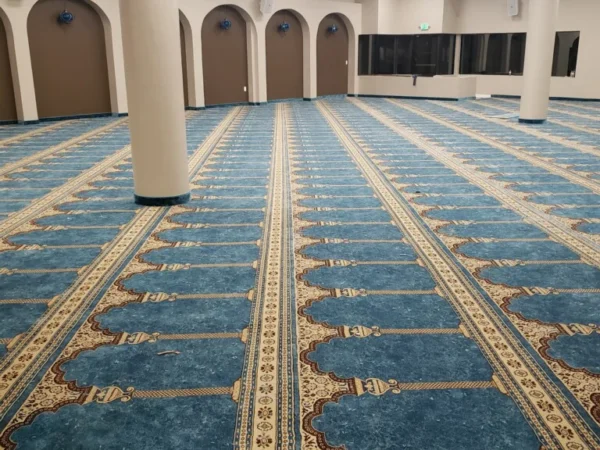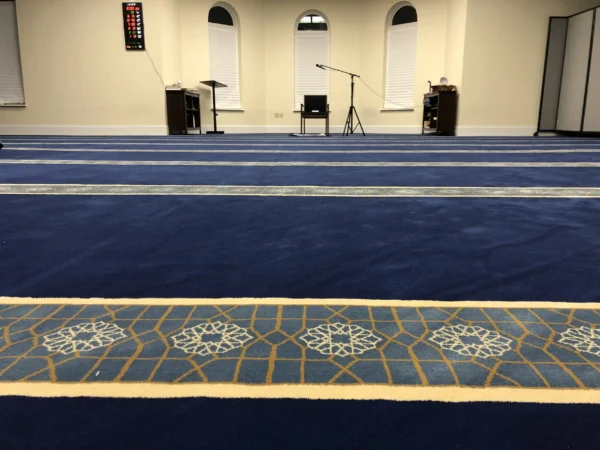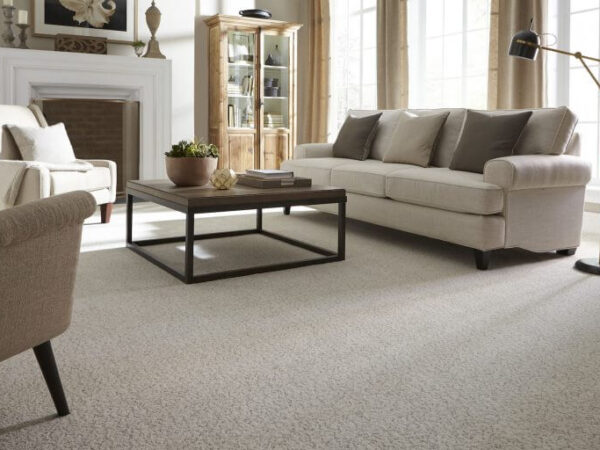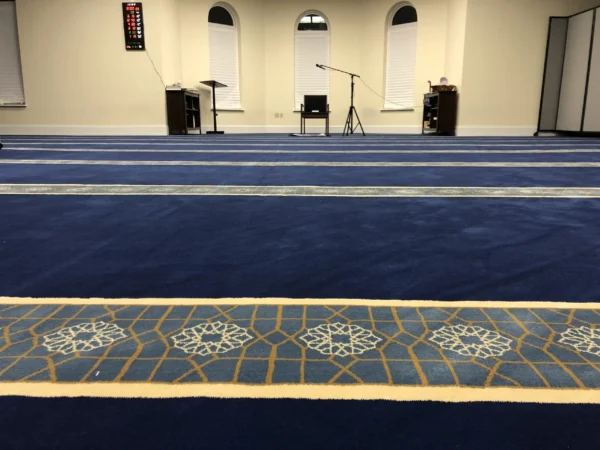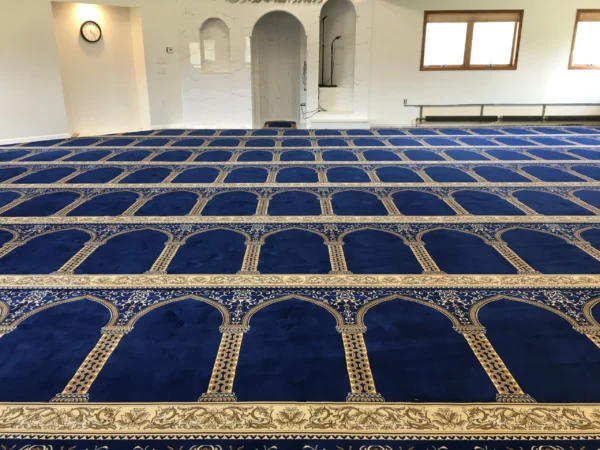Eco-Friendly Mosque Carpets: Sustainable Options for a Greener Future
In today’s rapidly changing world, sustainability has become more than just a buzzword—it’s a necessity. As people across the globe begin to focus on reducing their carbon footprint and living more eco-conscious lifestyles, the choices made for public spaces, including mosques, also reflect this shift. One of the most integral elements of any mosque is the carpet, which serves not only as a functional piece but also as an aesthetic and spiritual focal point. In recent years, mosque administrators and communities have started to consider the environmental impact of the Carpets Abu Dhabi they use, opting for eco-friendly materials and manufacturing processes that are better for the planet. In this blog post, we’ll explore the rise of eco-friendly mosque carpets, sustainable options available, and how these choices contribute to a greener future for both the environment and the community.
The Importance of Sustainable Mosque Carpets
Carpets in mosques are an essential element of Islamic tradition, offering comfort, warmth, and a sense of tranquility for worshippers during prayer. Traditionally, mosque carpets were made from materials like wool or cotton. However, these materials, while natural, often come with a significant environmental impact. The process of cultivating cotton, for example, involves high water consumption and pesticide use. Wool, while biodegradable, requires animal farming, which contributes to greenhouse gas emissions.
As mosques continue to expand globally, the demand for carpets increases, but this also brings the challenge of sourcing materials that are both functional and sustainable. By adopting eco-friendly mosque carpets, religious institutions can reduce their environmental footprint, promote sustainability, and align with Islamic principles that encourage stewardship of the earth.
Sustainable Materials for Mosque Carpets
Several materials are being utilized today to create environmentally friendly carpets that are just as functional and aesthetically pleasing as traditional options. Below, we’ll highlight some of the most sustainable materials used for mosque carpets.
Recycled Materials
One of the most prominent trends in eco-friendly carpet production is the use of recycled materials. This includes using recycled polyester, nylon, and other synthetic fibers derived from post-consumer waste, such as plastic bottles or discarded textiles. By turning waste into a resource, recycled carpets help reduce the demand for virgin materials, diverting waste from landfills and minimizing environmental damage. These carpets are durable, easy to maintain, and come in a wide range of designs, making them a versatile and sustainable choice for mosques.
Bamboo Fibers
Bamboo has become a popular choice for eco-conscious carpet manufacturers due to its sustainability and minimal environmental impact. Bamboo is a fast-growing plant that requires little water and no pesticides to thrive. When used in carpet production, bamboo fibers are soft, durable, and naturally resistant to mold and mildew. Bamboo carpets are also biodegradable, ensuring that they do not contribute to landfill waste at the end of their life cycle. These carpets offer an eco-friendly option for mosques looking to reduce their environmental impact without compromising on comfort or quality.
Hemp
Hemp, another sustainable material, is being increasingly used in carpet production due to its strength, resilience, and low environmental impact. Hemp grows quickly and requires little water, making it an ideal choice for eco-conscious manufacturers. Hemp carpets are naturally durable, and their unique texture adds a rustic, earthy feel to mosque interiors. Moreover, hemp is biodegradable and can be disposed of in an environmentally responsible manner once it reaches the end of its life.
Jute
Jute is a natural fiber known for its strength, versatility, and eco-friendly properties. Like hemp, jute requires minimal water, fertilizers, and pesticides to grow, making it one of the most sustainable crops. Jute carpets are durable, have a soft texture, and provide a natural aesthetic that works well in mosque settings. They are also biodegradable, so they don’t contribute to long-term waste. While jute may not have the same plush feel as wool or synthetic fibers, it offers a great alternative for mosques aiming for a minimalist and sustainable approach.
Wool from Ethical Sources
Wool has long been a favored material for mosque carpets due to its softness, durability, and aesthetic appeal. However, when sourcing wool, it’s important to ensure that it comes from ethical sources. Sustainable wool is typically produced by farms that follow environmentally responsible practices, ensuring that the animals are treated well and that their grazing practices do not harm the land. By opting for wool from these ethical farms, mosques can continue to enjoy the benefits of natural wool carpets while supporting animal welfare and sustainable farming practices.
The Benefits of Eco-Friendly Mosque Carpets
Environmental Impact Reduction
The primary benefit of eco-friendly mosque carpets is the reduction of environmental impact. By choosing sustainable materials like recycled fibers, bamboo, jute, and hemp, mosques can significantly lower their carbon footprint. These materials require fewer resources to produce and are less likely to pollute the environment through chemical processes or non-biodegradable waste.
Long-Term Cost Savings
Though the initial investment in eco-friendly carpets may be higher than traditional carpets, the long-term savings are worth considering. Sustainable carpets are typically more durable, which means they last longer and need to be replaced less often. In addition, many eco-friendly carpets are easy to clean and maintain, which helps extend their lifespan and reduces the need for expensive replacements.
Healthier Indoor Air Quality
Eco-friendly carpets are often produced without harmful chemicals, such as volatile organic compounds (VOCs), which can affect indoor air quality. Many traditional carpets emit fumes from chemicals used in dyes, finishes, and backing materials. Sustainable carpets, on the other hand, use natural dyes and non-toxic treatments, ensuring that the indoor environment remains safe and healthy for mosque-goers.
Aligning with Islamic Values
Sustainability is a core principle in Islam, which encourages followers to care for the earth and avoid waste. By investing in eco-friendly mosque carpets, communities demonstrate their commitment to these values. This helps foster a deeper connection with the environment and reinforces the importance of taking responsibility for the planet.
Conclusion: A Greener Future for Mosques
The move towards eco-friendly Mosque carpets Abu Dhabi is not just about choosing materials that are better for the planet—it’s about creating a future where religious institutions, such as mosques, lead by example in promoting sustainability and environmental responsibility. As more mosques adopt sustainable carpet options, the collective effort can have a lasting impact on the environment, ensuring that these sacred spaces remain a place of worship, peace, and mindfulness, while also protecting the planet for future generations.
Embracing eco-friendly mosque carpets is more than a trend—it’s a powerful statement of commitment to the environment, spirituality, and the well-being of the community. With a variety of sustainable options available, mosques can make thoughtful choices that reflect both modern values and traditional beliefs, creating an eco-conscious and spiritually enriching environment for all.

